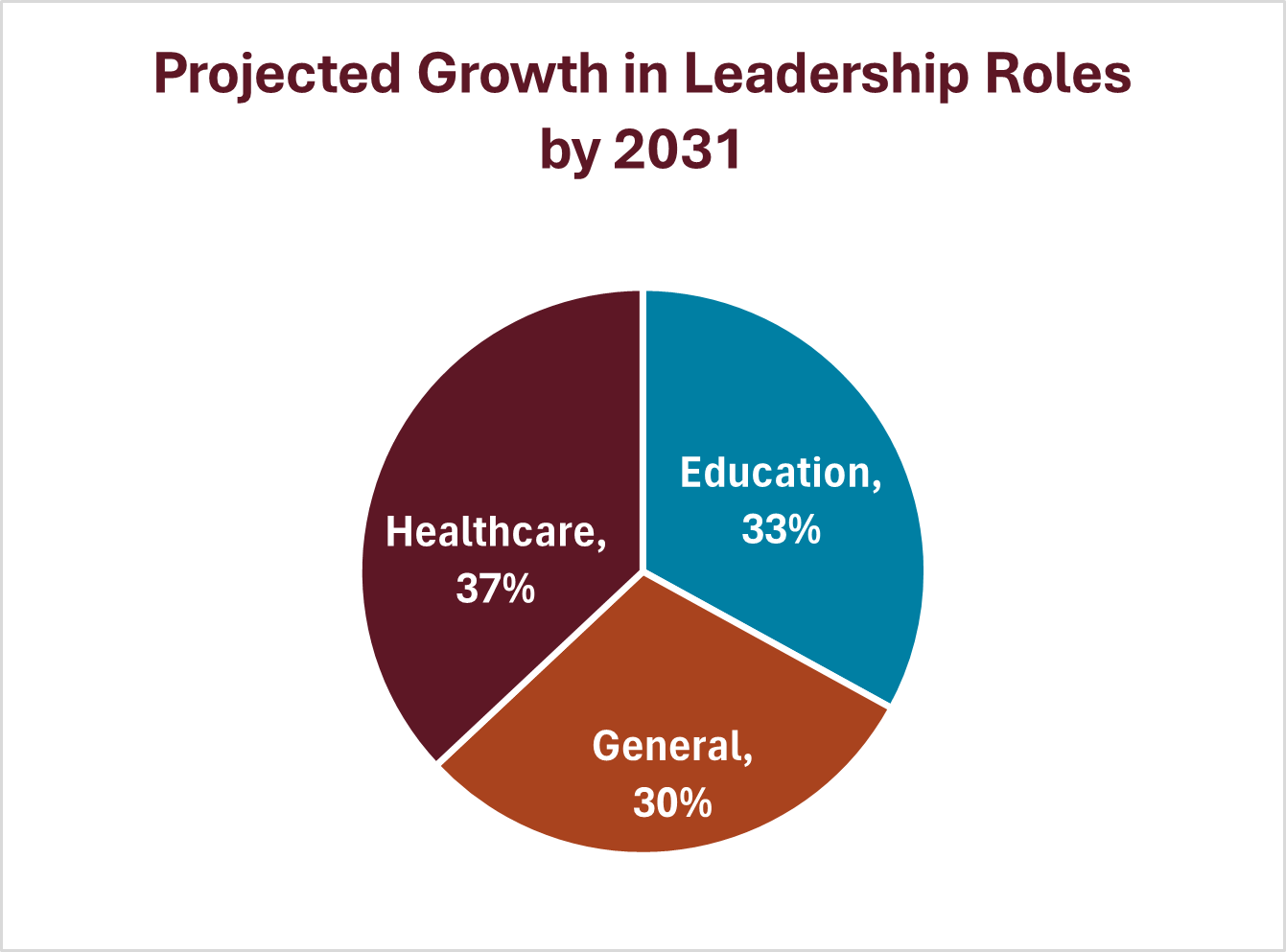In a world of constant change, the ability to lead effectively is no longer just a bonus—it’s a necessity. As organizations navigate challenges like remote work, digital transformation, and workplace challenges, the demand for leaders who possess both technical and interpersonal skills is skyrocketing. By 2025, soft skills such as emotional intelligence, adaptability, and strategic thinking will be as critical as technical expertise, according to LinkedIn's Workplace Learning Report. Programs in applied organizational leadership, like those offered by Mississippi State University's College of Professional and Continuing Studies, play a pivotal role in equipping individuals with these essential skills.
The Skills Employers Are Seeking
A growing body of research highlights the skills employers will value most in the coming years. A 2023 survey by the World Economic Forum underscores the importance of skills such as analytical thinking, resilience, and leadership. Additionally, reports from labor market analytics firms like EMSI and Burning Glass indicate a consistent demand for collaboration, decision-making, and problem-solving abilities.
Employers are not just looking for leaders who can manage teams but those who can inspire, adapt to change, and navigate complex organizational landscapes. These “soft” skills, while intangible, are often the hardest to develop—but they are at the core of applied organizational leadership programs.

How Applied Leadership Programs Meet Workforce Needs
Applied organizational leadership programs bridge the gap between theory and practice. Unlike traditional leadership studies that focus solely on abstract concepts, applied programs emphasize real-world scenarios and hands-on learning. Students engage in case studies, simulations, internships, and projects that allow them to tackle challenges similar to those they’ll face in their careers.
For example, Mississippi State University’s programs include opportunities to apply leadership strategies to actual organizational problems, whether through capstone projects or practical assessments. Moreover, students can explore the Applied Leadership graduate certificate, a streamlined option that delivers focused leadership skills in a shorter, more flexible format—ideal for working professionals or those exploring leadership pathways.
Labor Market Trends and Leadership Roles
The labor market data reinforces the need for leadership skills across all sectors. According to the U.S. Bureau of Labor Statistics (BLS), management roles are projected to grow by 8% from 2021 to 2031, faster than the average for all occupations. This growth spans industries like healthcare, technology, education, and public service.
For instance, a recent EMSI report notes that leadership roles in project management, human resources, and organizational development are among the fastest-growing categories. These roles demand a blend of technical acumen and leadership capability, which programs like MSU's BAS in Organizational Leadership aim to provide.

Why Growing Leaders Matters More Than Ever
Leadership development is more critical now than ever. The post-pandemic workplace has amplified the importance of leaders who can manage remote teams and drive innovation. At the same time, generational shifts in the workforce mean organizations must cultivate leaders capable of mentoring and managing multigenerational teams.
Investing in leadership not only benefits organizations but also empowers individuals. Effective leaders drive productivity, innovation, and employee satisfaction—all of which are crucial for organizational success. Leadership programs tailored to the needs of working adults, like those at MSU, ensure that today’s professionals are prepared to meet these challenges head-on.

Conclusion
The demand for applied leadership skills is reshaping education and the workforce. Programs like CPCS's upcoming MAS in Organizational Leadership and its Applied Leadership graduate certificate offer pathways to acquire these in-demand skills. For employers, investing in leadership development means cultivating a workforce that can adapt, lead, and excel in an ever-changing environment. For individuals, these programs represent an opportunity to advance careers and make meaningful contributions to their organizations.
As the workforce of 2025 takes shape, one thing is clear: leaders who can bridge the gap between theory and practice will be the ones to thrive. Explore how Mississippi State University’s leadership programs can help you or your team rise to the occasion.

